This article is about creating an NFT merch store, and I will take you through the entire process step by step.
You’ll be taught how to plan for the niche as well as create custom merchandise, incorporating NFTs, and to top it all, build an online store.
You will understand how to merchandise tangible items with digital collectibles. If you use this guide, you should be able to open a business that focuses on merchandise with NFTs without a problem.
What Is an NFT Merch Store?
An NFT store is an online website that elementary combines digital memorabilia with tangible merch.
In such a website, a customer can purchase a t-shirt, a hoodie, a poster, or an accessory merchandised with an NFT that is uniquely theirs.
The NFT is a bonus that the customer receives apart from the physical item, and it functions as proof of ownership, authenticity, and exclusivity.
The customer gains a possession, and they also gain added value alongside the physical possession NFT.
The use of blockchain technology alongside e-commerce enables creators, artists, and brands to earn from their NFTs in unique ways.
How To Create NFT Merch Store
Example: Shopify

Step 1: Sign Up and Set Up Your Store
Go and create a Shopify account and then choose a store name to go with your NFT brand. For the store theme, modify it to reflect the NFT aesthetic.
Step 2: Add Your Products
You can upload merchandise such as t-shirts, hoodies, and even t-shirt prints. Make sure to upload quality images and a detailed description referring to the NFT version.
Step 3: Integrate NFT Functionality
You can use Shopify apps such as Mintable and Venly to mint NFTs to your products. For every purchase, NFT ownership is transferred to the buyers crypto wallet.
Step 4: Set Up Payment Options
Turn on the options for crypto payments such as MetaMask and Ethereum.
Step 5: Launch and Market Your Store
Market your store using social media, NFT communities, or with the help of NFT artists. Provide limited edition collections to gain attraction.
Choosing The Right Platform NFT Merch Store
1. WooCommerce
WooCommerce is a WordPress plugin that lets store owners have full control over their NFT Merch Store. This is best for creators who want control over the design and features.
Integration of NFTs can be done using a range of plugins, and the store can be made available to consumers with multiple payment systems.
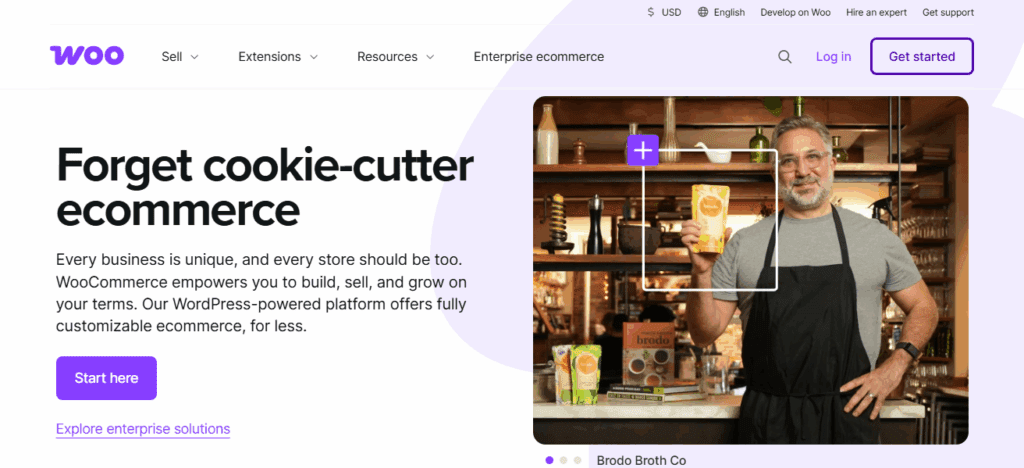
Though, more technical than Shopify, it offers affordable upgrades and customizability.
2. OpenSea
OpenSea is one of the biggest NFT marketplaces where you can sell merchandise associated with NFTs.
It is designed for digital items, but you can link physical items through smart contracts and QR codes as well.
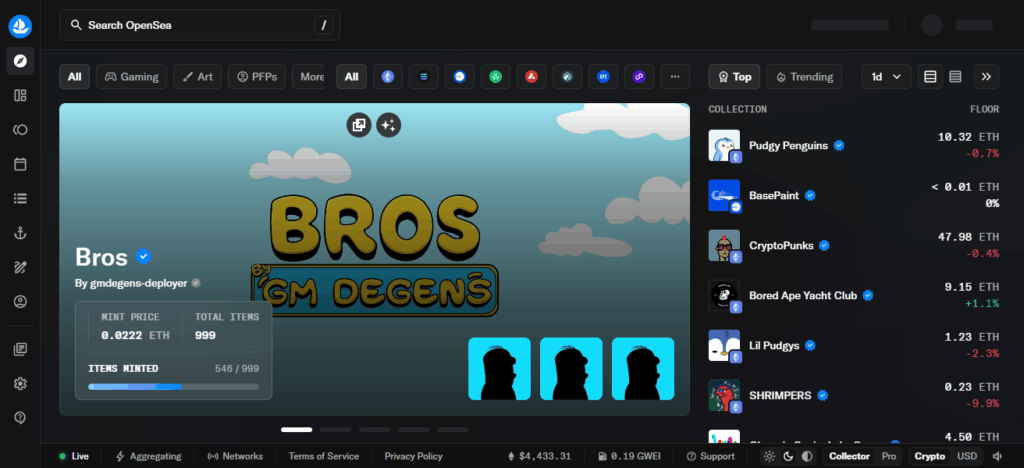
When selling NFTs, you obtain worldwide exposure, instant cryptocurrency payments, and instant access to NFT collectors.
It is most useful for NFT creators with an established following or for those who want to sell NFTs and real-world collectibles at the same time.
3. Magento
For larger businesses selling NFT merchandise, Magento is the most powerful solution. It has advanced customization features, supports multiple stores, and has strong security.
You can integrate NFTs using custom designed extensions or API connections. Magento is best for NFT merchandise brands with high volumes of traffic and intricate product
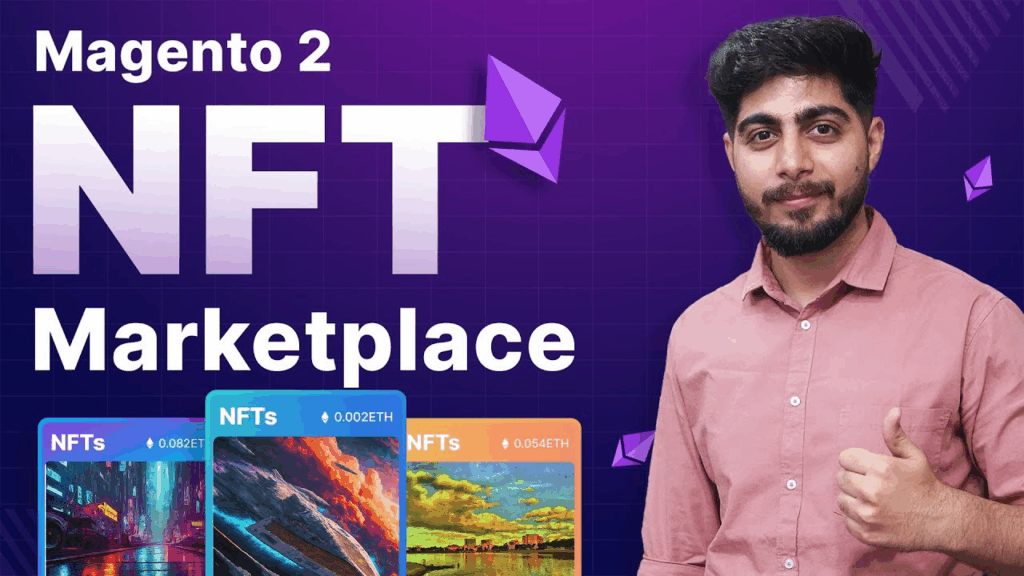
Catalogs, as it gives you complete control over the user and store experience. However, it requires technical knowledge to use.
4. BigCommerce
BigCommerce is a cloud-hosted NFT merchandise selling platform that is designed for ease of use and growth.
It allows NFT sales through a separate app and accepts both cryptocurrency and traditional payment options.
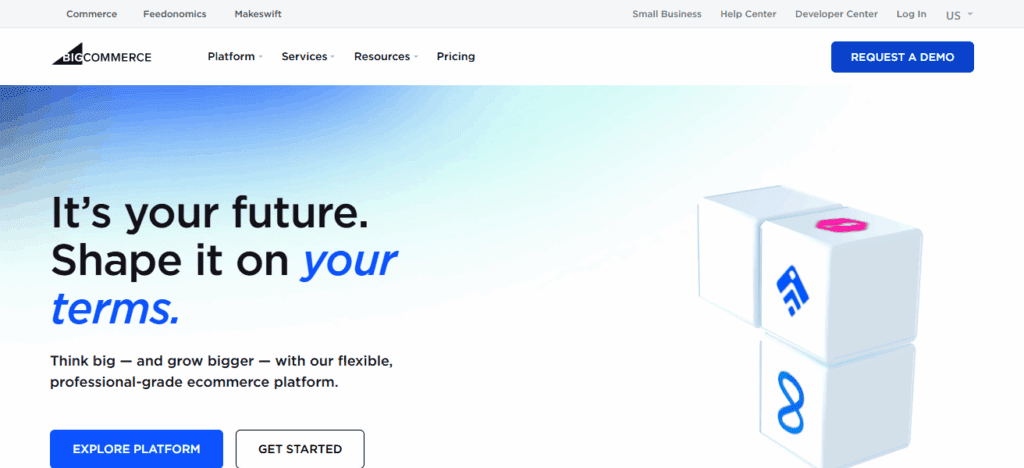
It features in-built SEO, marketing, and analytics tools that assist creators in audience growth.
Medium to large NFT merchandise stores that wish to operate on a platform without a requirement for advanced technical skills will benefit from BigCommerce’s reliability and flexibility.
5. Rarible
Rarible is an NFT-native marketplace where creators can mint and sell NFTs linked to tangible merchandise. It is accessible to NFT beginners and offers direct access to collectors.
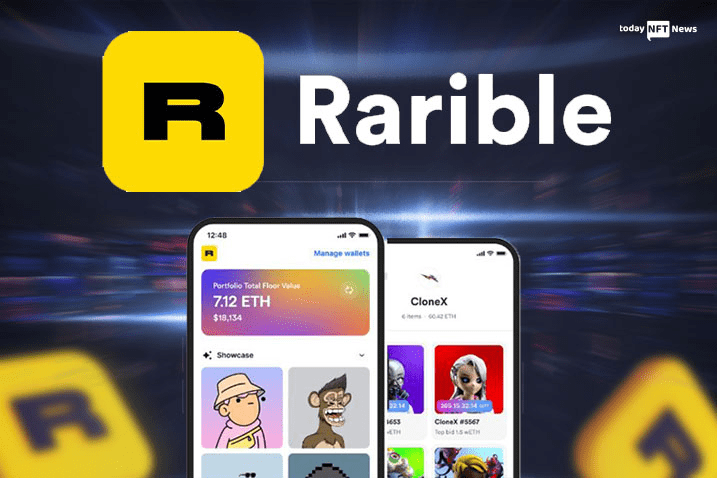
You can append proof-of ownership or redemption codes to tangible items. It is predominantly concerned with digital assets, but it is possible to integrate Rarible with simple e-commerce to help creators manage NFT and tangible merchandise.
Why NFT-Based Merch is Trending
NFT-based merchandise is on the rise because it bridges the physical and digital realms, giving collectors something special and new.
Customers receive not only a physical item like a piece of clothing or a collectible, but also a digital NFT that verifies the item’s authenticity and ownership.
This enhances a sense of exclusivity and value which many fans and collectors desire. Moreover, NFT merch enhances community interaction, creates new income streams from digital art for the creators, and is part of the booming NFT and cryptocurrency industry.
Planning Your NFT Merch Store
Stating the niche and the audience
To achieve sales success, engage the audience with NFT merch that appeal their interests and preference.
Choose Between Print On Demand and Custom Production
Decide whether you want to invest in less risky Print On Demand fashion or Custom Production that guarantees exclusivity and great quality.
Set Aims: Gaining Revenue, Brand Exposure and Community
Set goals to gain brand exposure, engage the audience, and generate revenue in order to direct your merch and marketing plan
Designing Your NFT Merchandise
Creating unique NFT-inspired designs: Make merchandise that looks appealing visually and designed around your NFTs. This attracts your collectors and helps in branding.
Tools & resources for design (Canva, Photoshop, AI art tools): Designs for your NFT merchandise can be created and polished on platforms like Canva, Photoshop, or AI generators.
Ensuring copyright & ownership compliance: All designs made need to be checked for having copyright not, or her designs so copyright problems can be avoided.
Managing Orders & Fulfillment
Print on demand services vs in-house shipping
With Print on Demand there is no inventory to manage and shipping is simplified. In-house shipping offers more control at a higher cost.
Returns, exchanges, and customer questions
Customers should be given clear instructions on how to return and exchange items, and their questions should be answered promptly.
Customer assurance of NFT linked merchandise authenticity
Every buyer must receive the NFT-connected merchandise for which Smart contracts, QR Codes, and verification would be used as methods of validation.
Common Mistakes to Avoid
Legal & Copyright Issues Ignored: Not obtaining the licenses or ownership of the designs is a legal issue which could cost you a brand.
Merchandise is Over Priced: Merchants may often set prices beyond the affordable range causing diminished sales, limited audience reach, or stunted growth.
Store Configuration Leads to Poor Experiences: Poorly designed navigational processes, slow loading, and vague lack of product information can significantly frustrate users and impede sales.
Pros And Cons How To Create NFT Merch Store
| Pros | Explanation | Cons | Explanation |
|---|---|---|---|
| Additional Revenue Stream | Selling NFT-linked merchandise allows creators to monetize both digital and physical products. | Initial Setup Complexity | Integrating NFTs with physical products requires technical knowledge and careful planning. |
| Builds Community Engagement | Fans feel more connected when owning exclusive NFT merch, increasing loyalty and brand awareness. | Higher Production Costs | Custom merchandise or limited editions may require upfront investment, especially for in-house production. |
| Authenticity & Scarcity | NFTs provide proof of ownership, creating exclusive, collectible merchandise that attracts buyers. | Logistics & Fulfillment Challenges | Managing shipping, returns, and NFT-product verification can be time-consuming without proper systems. |
| Marketing & Viral Potential | NFT drops and limited editions create buzz, attracting attention on social media and NFT communities. | Crypto Payment Barrier | Some buyers may hesitate if a store primarily accepts cryptocurrency, limiting potential audience. |
| Scalability | Print-on-demand or dropshipping models allow easy scaling as your NFT merch grows in popularity. | Legal & Copyright Risks | Failing to comply with intellectual property laws can result in disputes or fines. |
Conclusion
In conclusion, NFT merchandise stores offer fans and collectors unique digital and physical items.
It’s easy to build a successful NFT merchandise store, provided you plan the niche, choose the right platform, optimize the merchandise and order management processes.
To build brand loyalty and maximize revenue over the long-run, engage the community, practice authenticity, and invest in marketing.
FAQ
No, platforms like Shopify or WooCommerce simplify setup without technical expertise.
Costs vary; $200–$500 for basic setups, higher for custom stores.
Yes, most NFT-integrated stores support both crypto and traditional payment methods.
Apparel, prints, collectibles, and other merchandise tied to NFTs.
Through smart contracts, QR codes, or blockchain verification for authenticity.









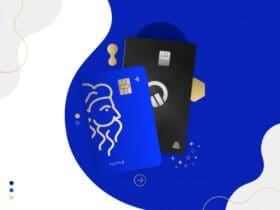
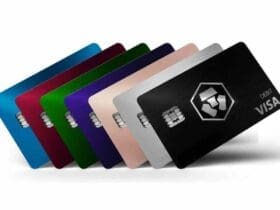
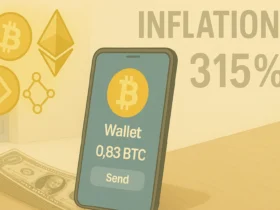

Got a Questions?
Find us on Socials or Contact us and we’ll get back to you as soon as possible.